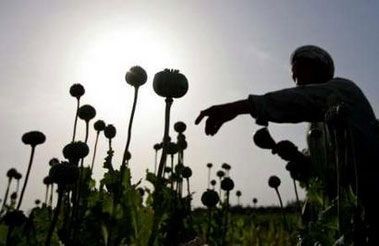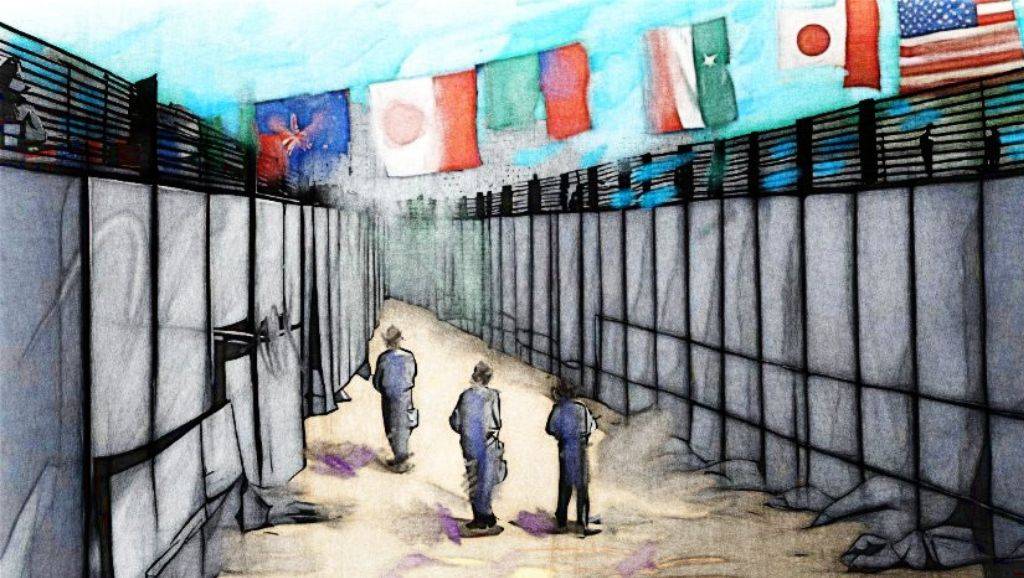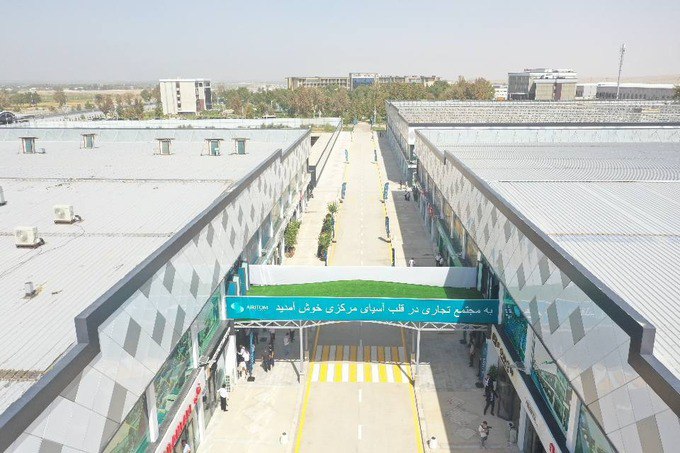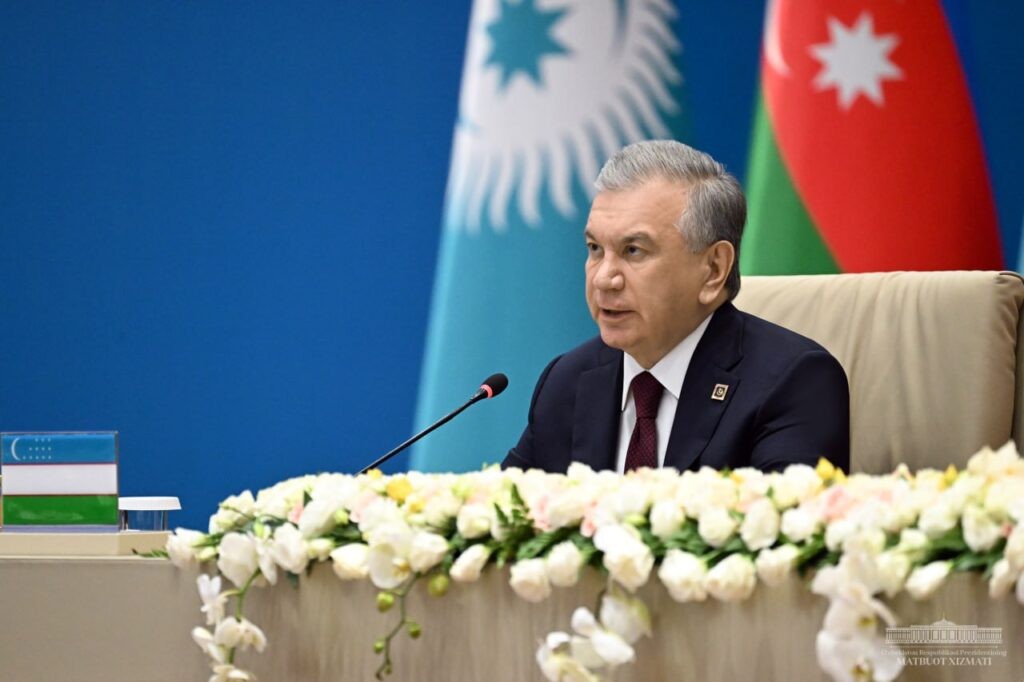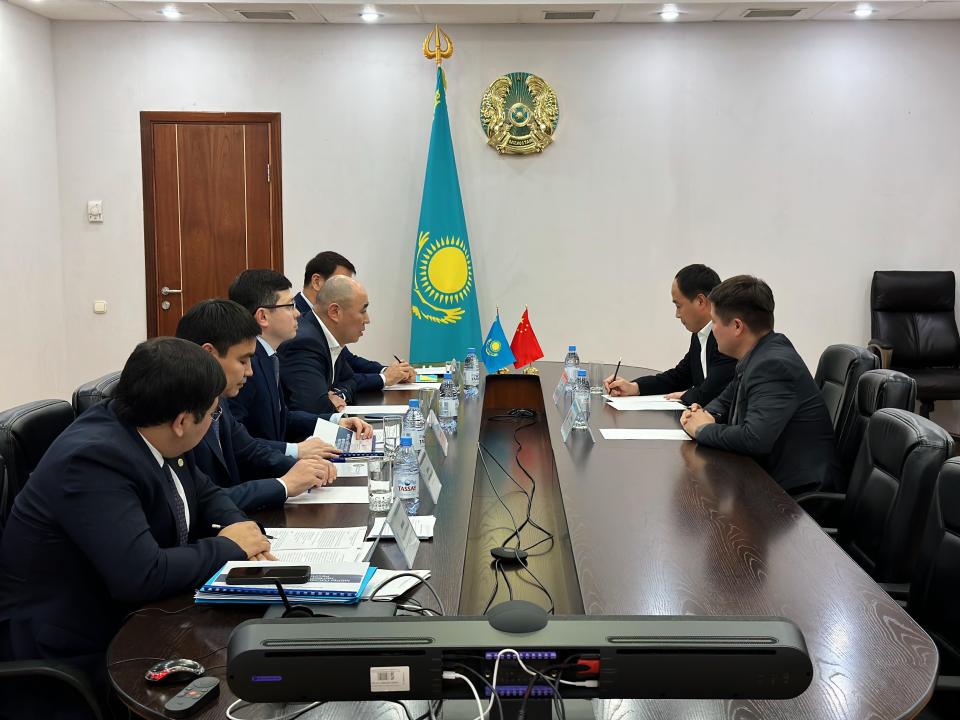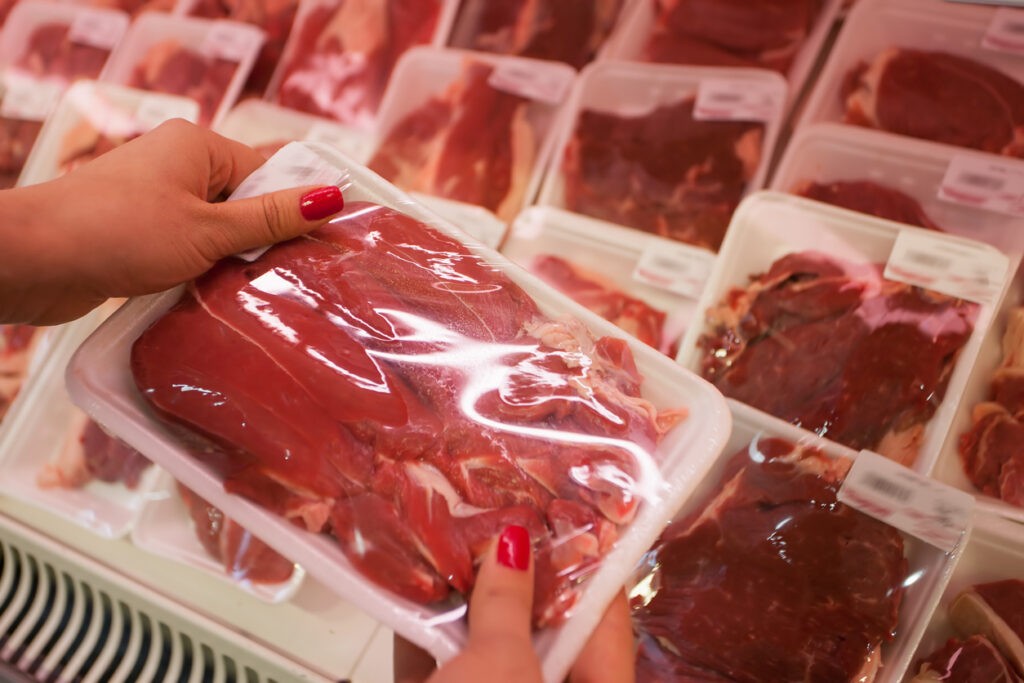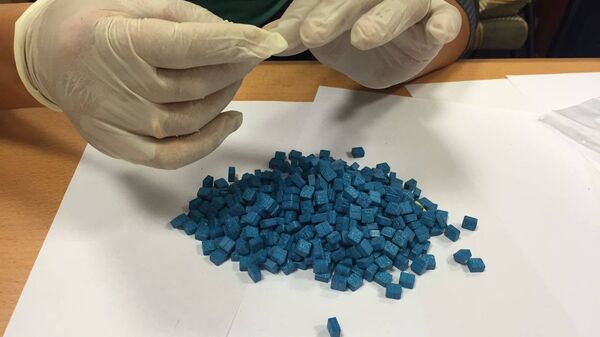KABUL (TCA) — Afghanistan CEO Abdullah Abdullah on May 29 said that poppy cultivation and drug production increased by over 90 percent in Afghanistan despite millions of dollars spent to overcome the problem in the past few years, Afghan broadcaster TOLOnews reported.
Abdullah said poppy cultivation has increased by 400 percent in northern Afghanistan.
“There are figures which show a 90 percent increase in poppy cultivation and drug production in Afghanistan and also when you see the map, and based on the UNODC report, poppy cultivation and drug production has increased by at least 400 percent in the north of Afghanistan,” he added.
Abdullah called on regional and foreign countries to help Afghanistan in counternarcotic efforts.
“Whether the statistics of 40 percent or 60 percent are low or high it (drugs) is the income sources for war in Afghanistan. We continue our efforts to pay more focus on this matter,” he said.
At the same event, the Afghan Minister of Counternarcotics Salamat Azimi stressed the need for a consensus to fight drugs in the region and in the world.
“A fragmented fight of governments cannot overcome this problem; all countries should come together to fight this problem,” she said.
Meanwhile, the United Nations Office on Drugs and Crime (UNODC) said in its latest Afghanistan Opium Survey that factors such as political instability, a rise in security threats and unemployment appear to be forcing Afghan farmers to resort to cultivating poppies.
The UN survey states that last year drugs from Afghanistan smuggled and sold abroad totaled an estimated $7.5 billion USD.
Last year over 9,000 tons of drugs were produced in Afghanistan, of which 8,000 tons were turned into heroin.
